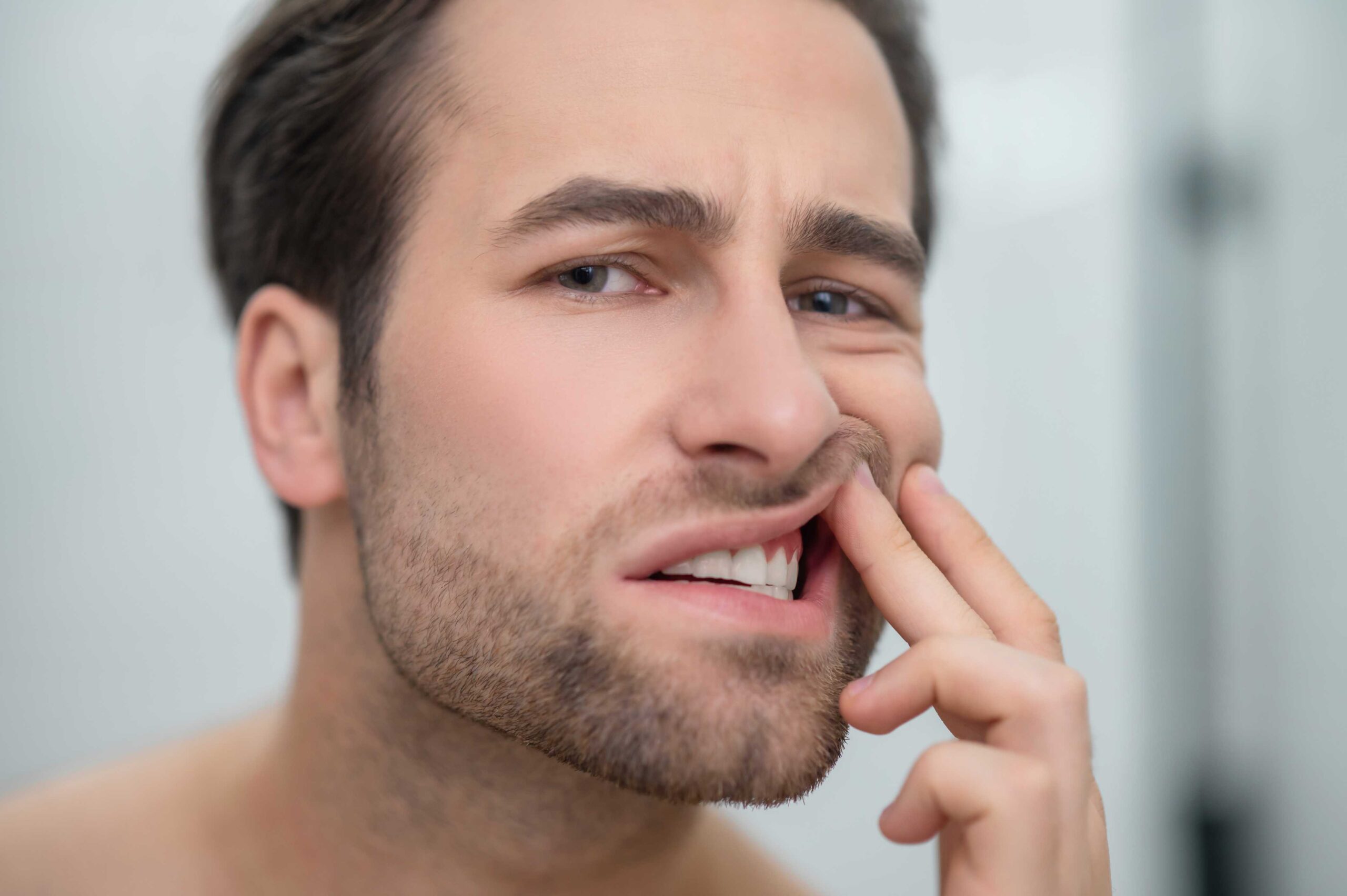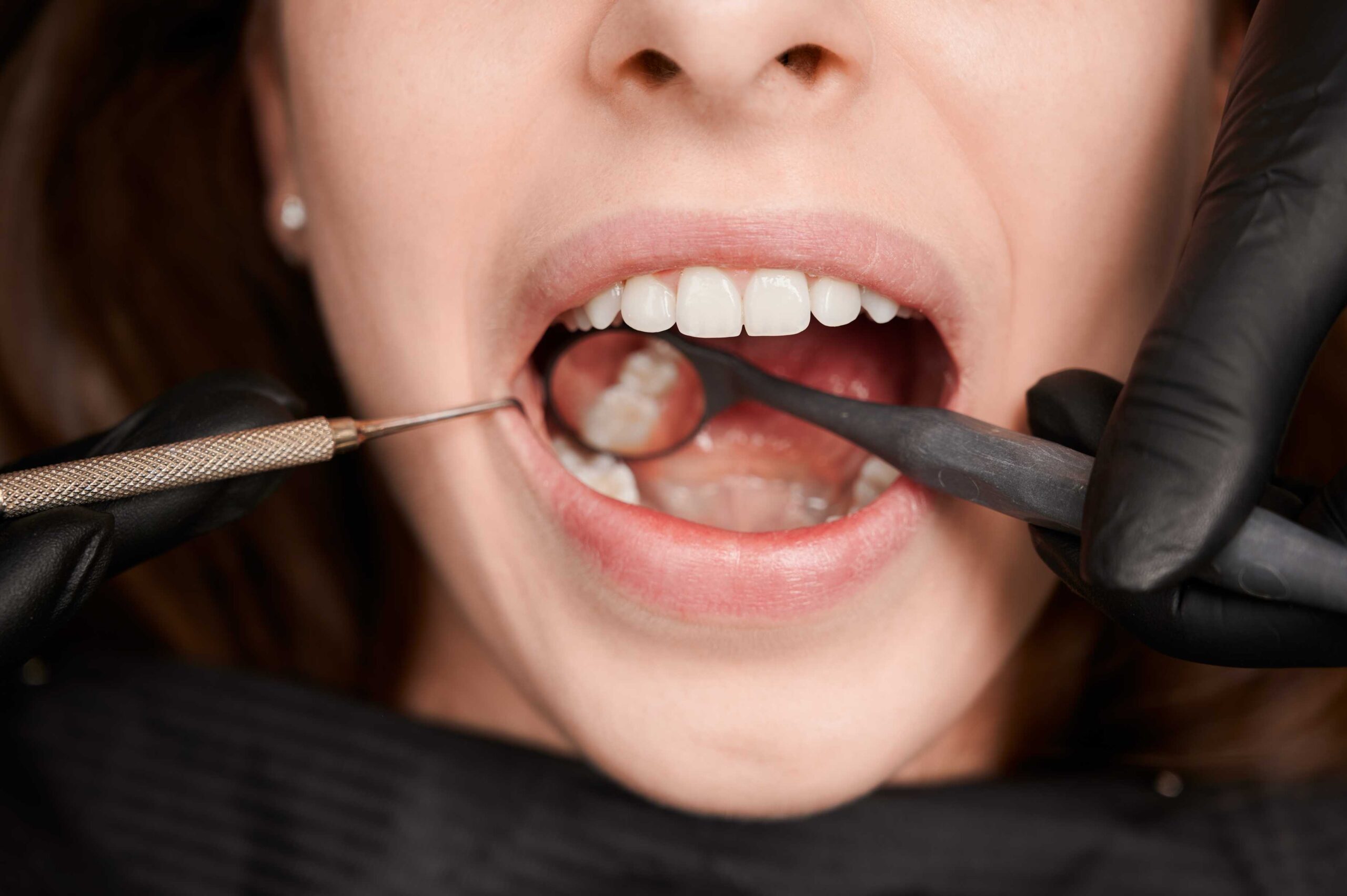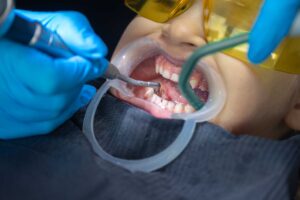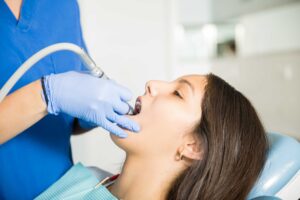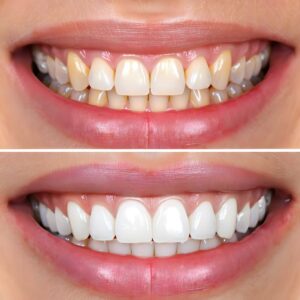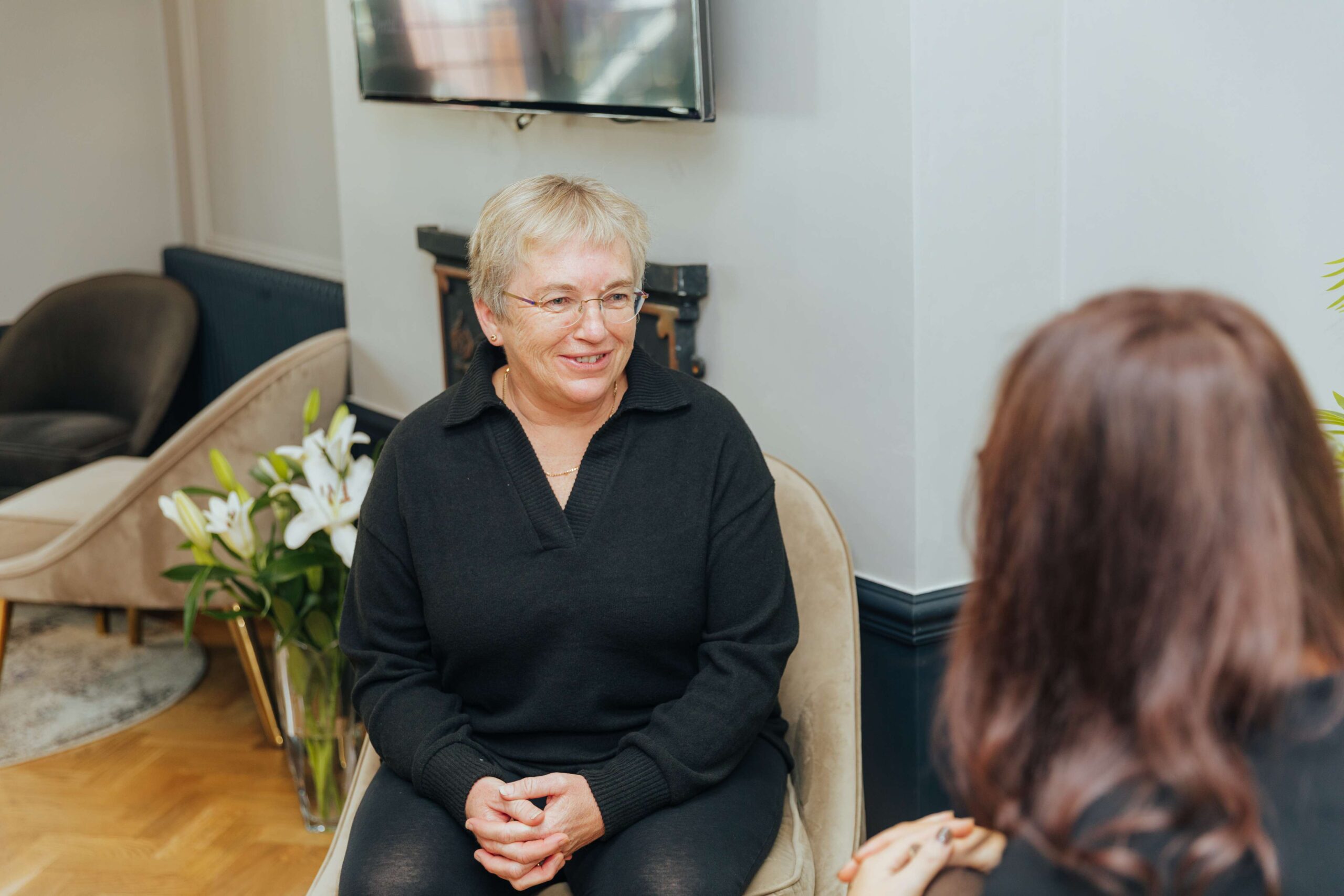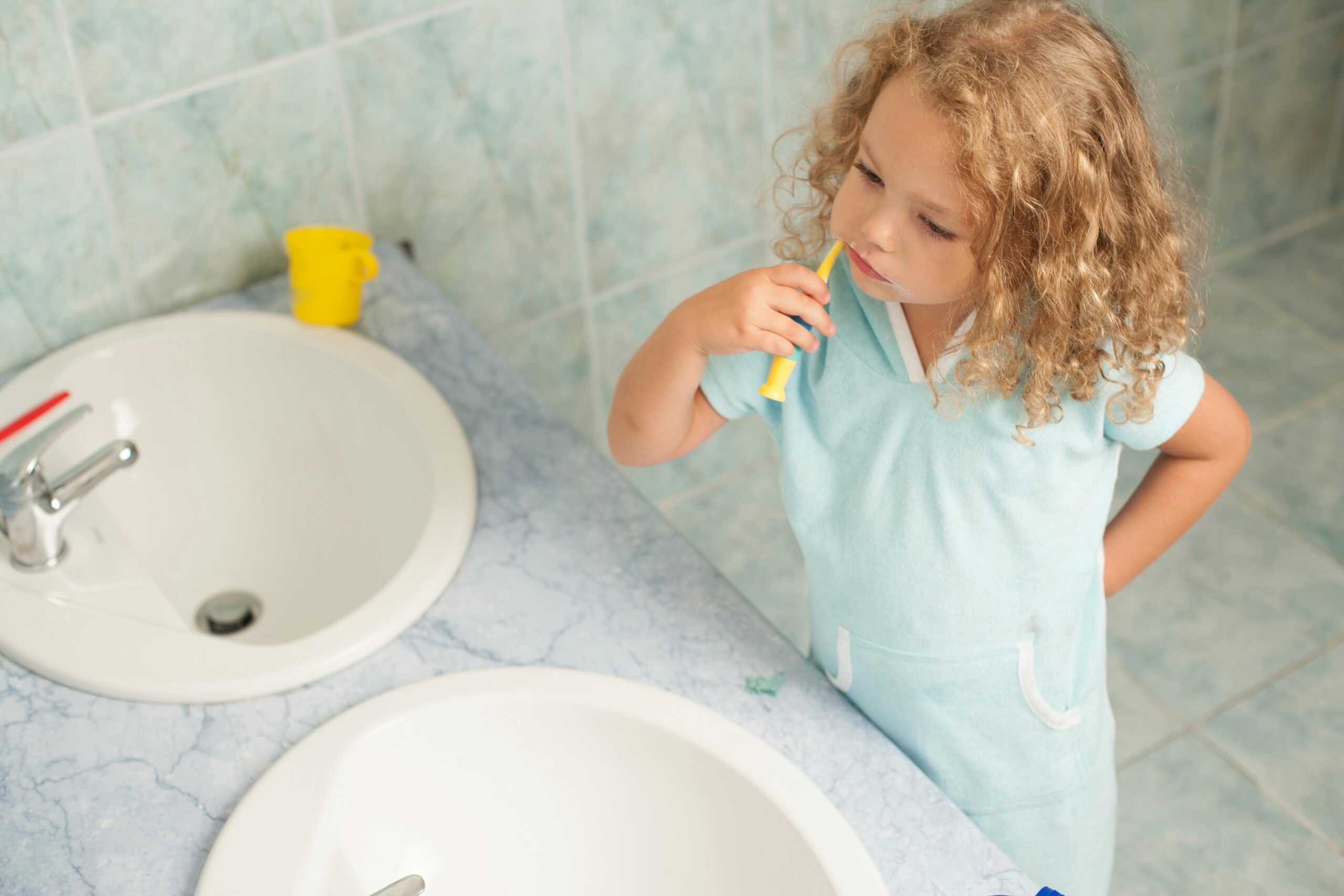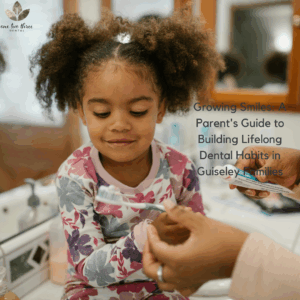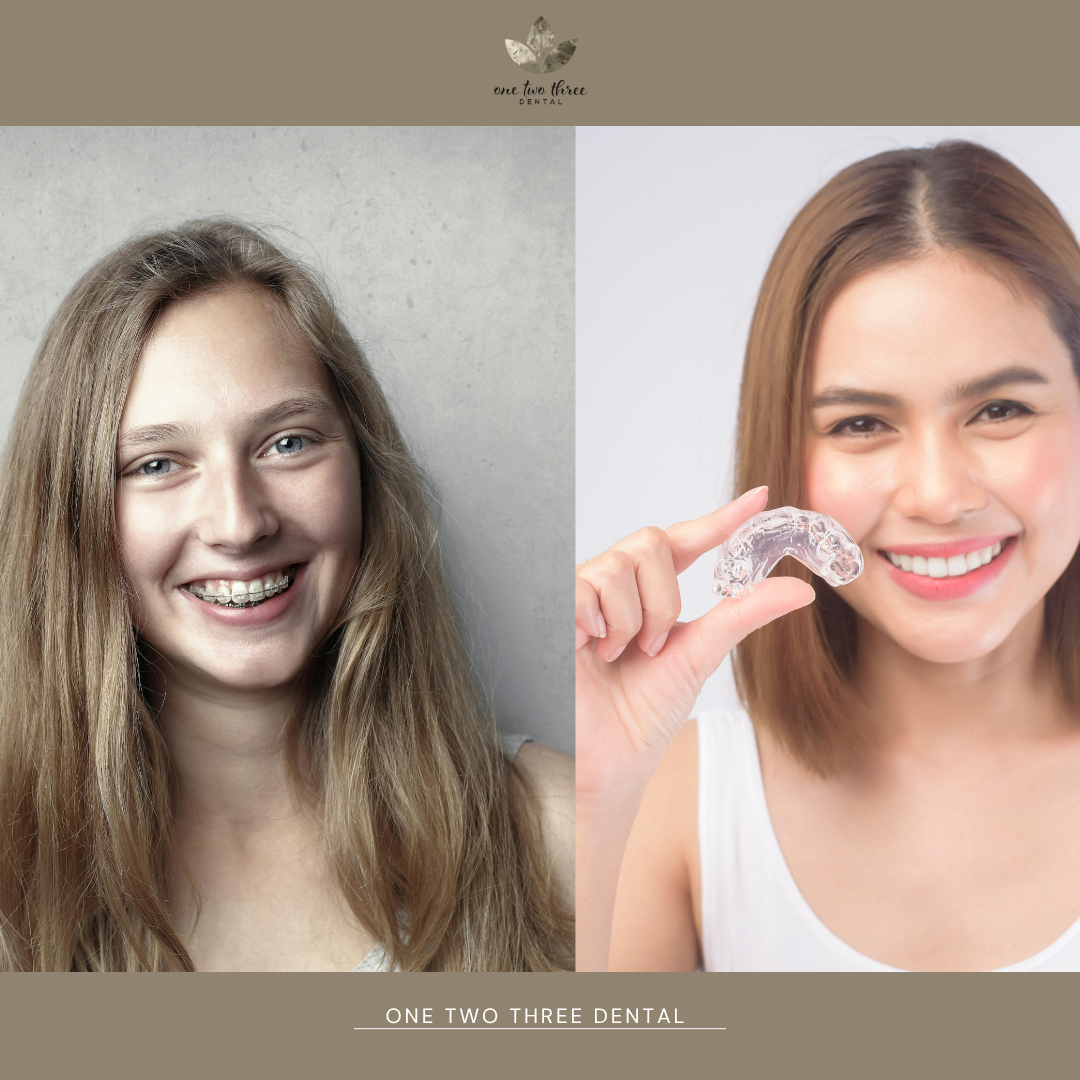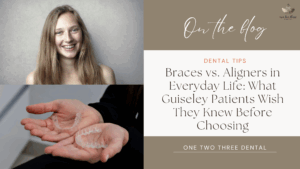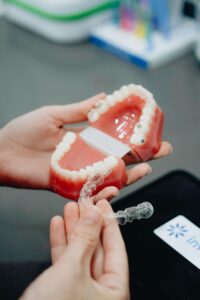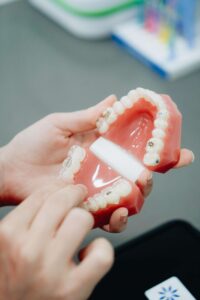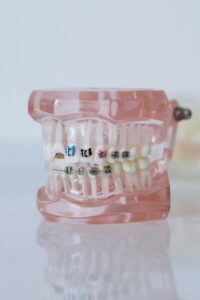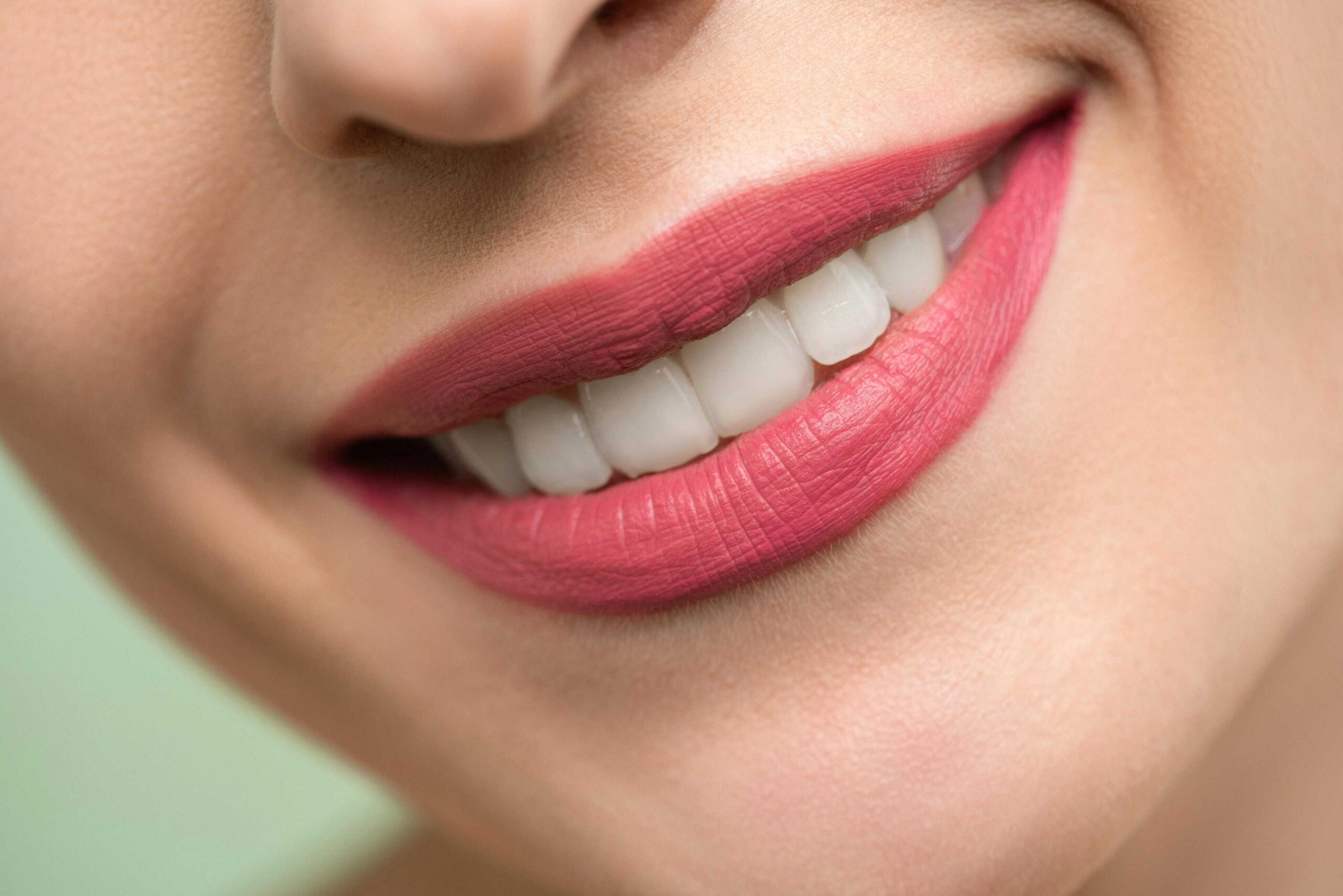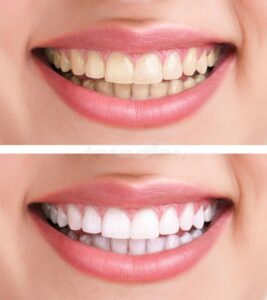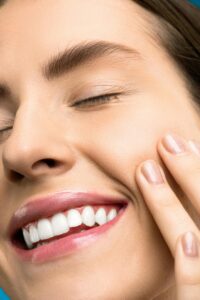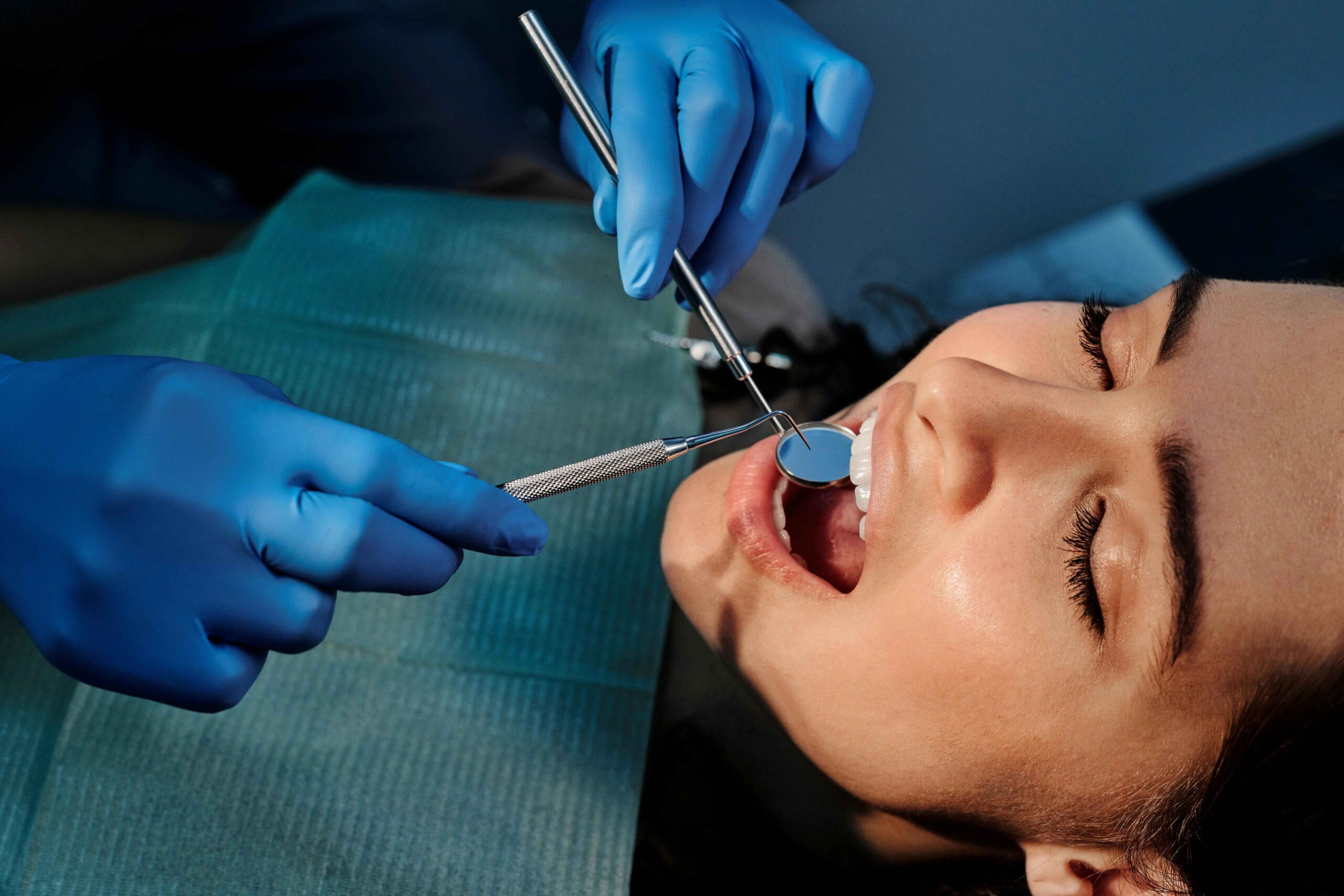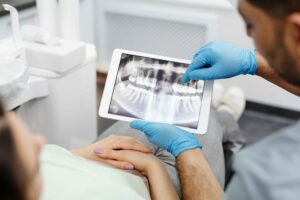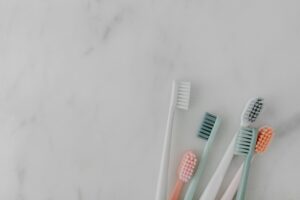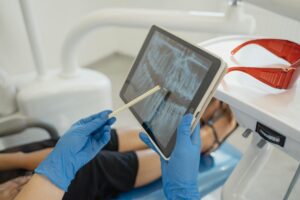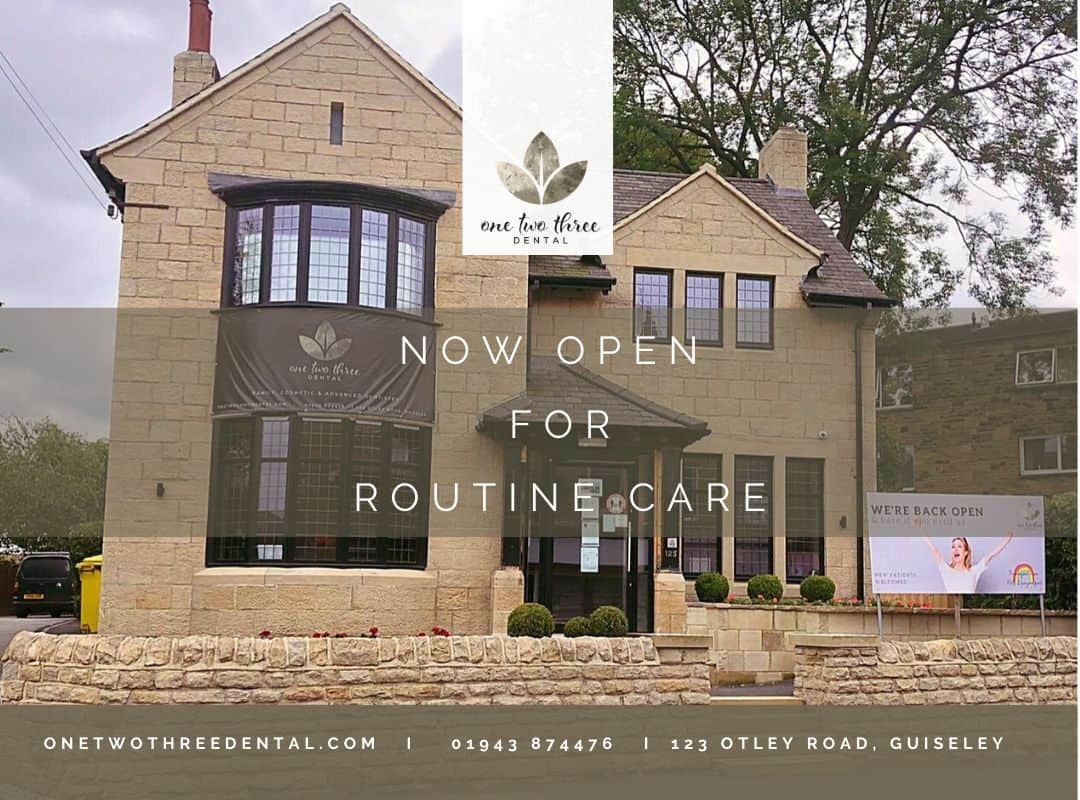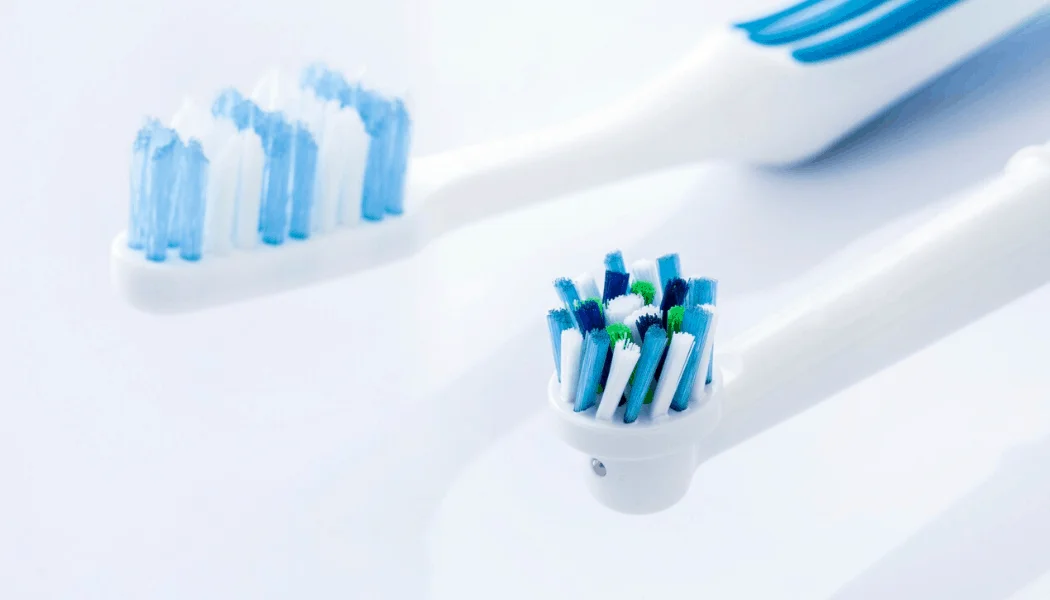Your gums play a much bigger role in your overall health than most people realise. While many of us focus on keeping our teeth clean and white, we often forget that healthy gums are the foundation of a healthy smile. Unfortunately, gum disease is one of the most common dental issues—not just in the UK, but worldwide. If you are in Guiseley and want to protect your oral health, learning to recognise the early signs of gum disease could save you from painful, costly treatments down the line.
Let’s dive into what gum disease is, what early warning signs to look out for, and when you should book an appointment with a dentist in Guiseley.
What Is Gum Disease?
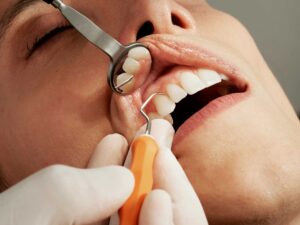
Gum disease, which is also known as periodontal disease, is a disease that affects the tissues supporting your teeth. It is mostly caused by plaque, a sticky film of bacteria, which is commonly formed on your teeth and gums. If plaque is not removed with brushing and flossing, it can harden into tartar and cause tissue irritation and tissue inflammation, leading to tooth loss.
There are two main stages:
- Gingivitis – The earliest stage of gum disease, which is reversible if treated early.
- Periodontitis – A more advanced form that can cause permanent damage to your gums and jawbone.
The best way to manage gingivitis is through early detection, and that depends on knowing what to look for.
Early Signs of Gum Disease to Watch For
If you have ever asked yourself,”How do I know if I have gum disease,” here are some common early sequences to look for. The symptoms appear gradually, so it is important to pay special attention to your oral health.
1. Bleeding Gums (Especially While Brushing or Flossing)
This is one of the earliest and most common signs of gingivitis. If your gums bleed during your daily brushing or flossing routine, don’t ignore it. Healthy gums shouldn’t bleed.
2. Red, Swollen, or Tender Gums
Inflammation is a natural response to infection. Gums that appear puffy or feel sore to the touch are a red flag. You may also notice they’re more red than usual, especially along the gum line.
3. Bad Breath or a Persistent Bad Taste
The bacteria that are stuck between your gums are responsible for causing a persistent inability to stop bad breath (halitosis) even after you have brushed your teeth. A persistent bad taste in your mouth can also be a sign of gum infection.
4. Receding Gums
Are your teeth appearing longer? That could be a sign of gum recession, which can ultimately lead to tooth sensitivity and loss. Gum recession often goes unnoticed until the damage is significant.
5. Gum Discolouration or Sores
Healthy gums are typically pink. If you notice darker red, purple, or discoloured areas, it could point to infection or inflammation. Sores or pus-filled spots are more serious and may require urgent dental care in Guiseley.
6. Sensitive Teeth
When the gum tissue recedes, the sensitive tooth parts that shouldn’t be exposed to air, food, or drink become exposed. Well, if you’re experiencing sudden jolts of discomfort when drinking something hot or cold, gum disease is likely present.
7. Wobbly or Shifting Teeth
If left untreated, gum disease may cause damage to the bone that holds your teeth in place, causing your teeth to become loose. If your bite feels different or your teeth feel “wobbly,” see a dentist near you in Guiseley as soon as possible.
Also Read: Bleeding Gums When You Brush? Here’s What It Means – And What to Do About It
Why You Shouldn’t Ignore These Signs
It’s easy to brush off bleeding gums or bad breath as no big deal. But ignoring early signs of gum disease can lead to:
- Permanent tooth loss
- Bone damage
- Expensive and painful treatments (like deep cleaning or gum surgery)
- Increased risk of health issues like diabetes, heart disease, and stroke
And here’s the kicker: gum disease typically progresses without any pain. You often don’t feel discomfort until it has already advanced. The reason we maintain regular visits to the dentist in Guiseley is to detect issues before they become problematic.
Who Is Most at Risk?
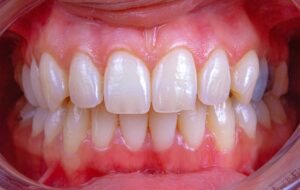
Certain people are more prone to gum disease, including:
- Smokers
- People with diabetes
- Pregnant women
- Those with poor oral hygiene
- Individuals with a family history of gum disease
If you fall into one of these categories, you should be especially vigilant and consider seeing a gum care specialist in Guiseley for preventive advice.
How to Prevent Gum Disease
The good news? Gum disease is often preventable—and even reversible in its early stages. Here are some practical tips:
Brush Twice a Day
Using fluoride toothpaste and a soft-bristled toothbrush, brush gently along the gum line to remove plaque without damaging your gums.
Floss Daily and interdental clean
Floss helps remove food particles and bacteria from between your teeth that your toothbrush cannot reach.
Use Antibacterial Mouthwash
A quality mouthwash can help you reduce bacteria and plaque buildup, keeping your breath fresh and your gums healthy.
Also Read: How Often Should You Get an Airflow Stain Removal Treatment?
Maintain a Healthy Diet
Cut back on sugary snacks and sugary drinks. Instead, eat more fresh fruit and vegetables and more foods that are high in vitamin C and calcium.
Regular Dental Check-Ups
Seeing your dentist regularly (at least twice a year) allows them to treat the disease before it becomes a major problem. A dental practice in Guiseley can offer both regular professional cleaning and gum assessments to keep your mouth in good shape.
Gum Disease Treatment in Guiseley
If you are already experiencing some of the signs above, don’t panic—but don’t delay either. Early intervention is everything.
In Guiseley, there are trusted dentists who specialise in gingivitis treatment and gum disease prevention. Whether you need a deep cleaning (also called scaling and root planing), advice on your oral hygiene routine, or a full periodontal treatment plan, help is close by.
Final Thoughts: Listen to What Your Gums Are Telling You
Your gums may not shout, but they do whisper—and those whispers can turn into roars if you don’t listen. If you have noticed bleeding gums, bad breath, or receding gums lately, it might be time to take action.
Gum disease doesn’t have to take you by surprise. With awareness, prevention, and regular care, you can enjoy a healthy smile for life.
Book Your Check-Up Today with One Two Three Dental – Guiseley
At One Two Three Dental, we are dedicated to keeping Guiseley smiling, one healthy gum at a time. Our caring and experienced dental team provides you with gentle and thorough appointments tailored to your individual requirements. Your needs can range from a general check-up, a cleaning appointment, treatment for gum disease, or just advice about preventative oral hygiene, we here at One Two Three Dental are here to help you.
📞 Call now to book your appointment or Visit us online to schedule your check-up today.
Don’t wait until it’s serious — your gums deserve the best care. Choose One Two Three Dental, Guiseley.



